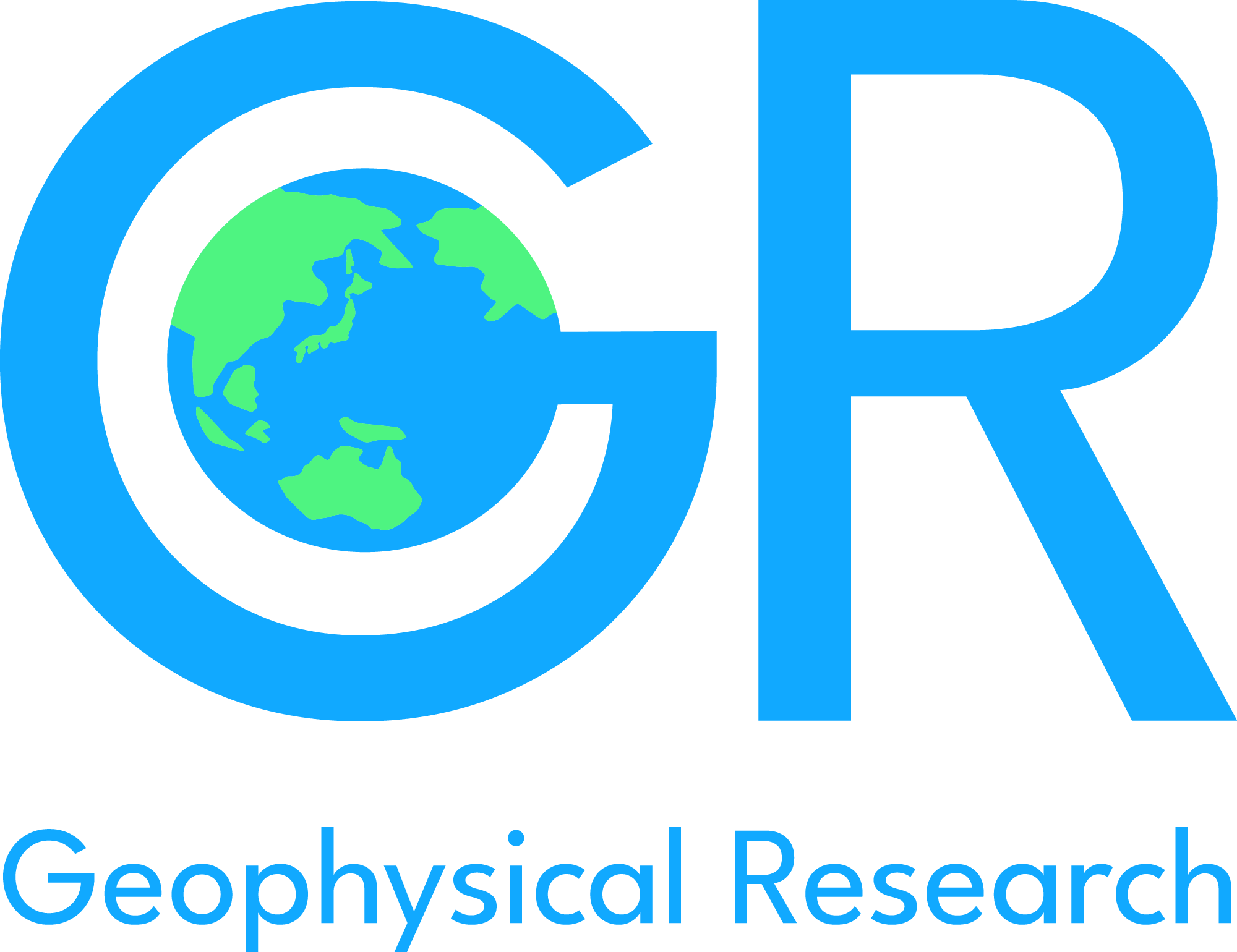ARC Geophysical Research
About the Journal
ARC Geophysical Research is an online-only open access journal published by the Academic Research Community (ARC) Alliance for the geosciences by the geoscience community. ARC-GR publishes peer-reviewed manuscripts from all areas in geosciences as well as fostering scientific bridges to related fields. The published research showcases mechanistic understanding that is general, consequential, and transferable beyond the specifics of the original study. The journal seeks to reflect a diversity of research techniques and invites theoretical, experimental, and computational approaches, or combinations thereof that advance fundamental understanding. The journal offers flexible article length and formats to allow authors to reach a broad audience while maintaining the highest scientific rigor sought by specialists.
Why Submit to the Journal?
With thousands of journals in existence, a legitimate question for any scholar is why should I submit my work for consideration to this journal? First, some of the finest scholars in the field are associated with this journal, which includes extensive editorial expertise and collective standards that ensure excellence of accepted, published work. Second, all publications are open access and open science, which ensures that the work published in this journal is reproducible and can be built upon by the community. Third, the intent of this journal is to serve the scholarly community, not make a profit for a publisher. Fourth, there is no charge for authors to publish in this journal, which saves authors money that can be better spent to support students and post docs. Fifth, state of the art library science practices are employed to ensure indexing by all major services and article and journal citation statistics are compiled as soon as the journal is eligible, which varies depending upon the indexing source.
